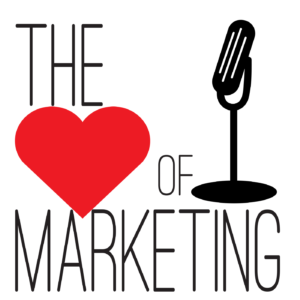Authenticity is not what you think it is.
A dictionary will tell you it means to be the genuine article, uncorrupted from the original. But for brands, it means more than that today. The standard for being an authentic brand is evolving.
Defining authenticity is like defining a brand. It doesn’t matter what you say or think it is. It only matters what the people doing business with you think.
What they think and what they believe changes in the context of the times. These are times of great skepticism and cynicism toward brands. The way for a brand to bust through the wall of cynicism is to be authentic.
But what does that mean to customers?
That is a question PR firm Cohn & Wolfe has been studying since 2012. Its most recent report surveyed 12,000 consumers around the world to find out which attributes are most important to them in determining a brand’s authenticity.
The study found there are three key drivers and seven behaviors that influence people’s perceptions of how authentic a brand is.
The three key drivers make up the 3 R’s of authenticity. The first is RELIABLE, which is based on delivering on promises and delivering high quality. The second is RESPECTFUL, which is based on treating customers well and protecting their privacy and data. The third is REAL, which is based on communicating honestly, being genuine, and acting with integrity.
What anchors the 3 R’s of authenticity are seven specific behaviors identified by people in the survey. Brands judged to be the most authentic are those that:
- Communicate honestly about products and services
- Communicate honestly about environmental impact and sustainability measures
- Act with integrity at all times
- Are clear about (and true to) beliefs
- Are open and honest about partners and suppliers
- Stand for more than just making money
- Have a relevant and engaging story
People in the survey said authenticity affects their attitude and behavior toward the brand: 52 percent said they would recommend an authentic brand to others; 49 percent would be loyal to the brand; and 90 percent would buy from the brand based on its authenticity.
Being an authentic brand
According to the Cohn & Wolfe study, what used to be considered honest and ethical business practices is now called authenticity. Doing the right thing, communicating honestly and delivering on your promises are ideas as old as The Golden Rule.
But what is new is that people have added social responsibility to the definition of what makes a brand authentic. All of this has set a new standard for businesses.
Authenticity is not a marketing tactic, a public relations campaign or a branding strategy. It is the character of your company culture.
It is being excellent in the things that matter to customers and community. It is how you are judged in the little, but significant moments of your daily operations.
The people that matter to your business have raised the bar to a new standard of authenticity.
[BONUS: We dig deeper into the topic of authenticity in business in this episode of The Heart of Marketing podcast. Listen in to hear about companies that have excelled, companies that have stumbled, and what you can learn from them to build a more authentic brand.]












Speak Your Mind